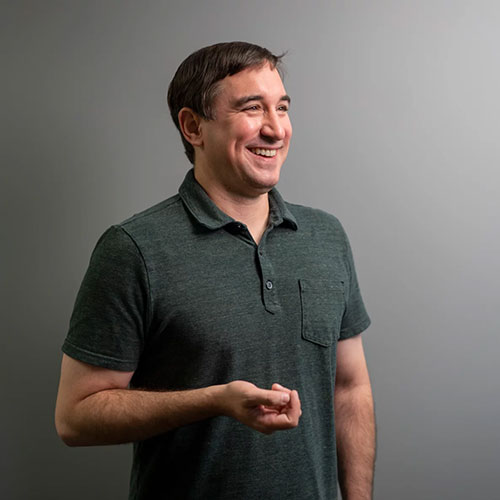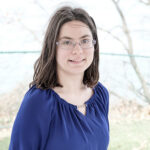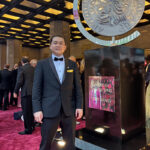
Biology grad researches pathogens at St. Jude’s to develop new cures for childhood pneumonia

Jason Rosch ’01 initially chose The College of Wooster for its small class sizes, engaged faculty, and tight-knit community, as well as the emphasis on research and developing critical thinking skills. “My time at Wooster provided a solid foundation for my subsequent career in biomedical science. Having a well-rounded liberal arts education keeps many diverse career paths open as opposed to more narrowly focused programs,” said Rosch, who now leads a research group at St. Jude Children’s Research Hospital.
Majoring in biology with a chemistry minor, Rosch acquired “an excellent grasp of fundamental science” and developed critical thinking skills through hands-on learning. Many of his courses went well beyond standard course material, he said, incorporating active learning and experimentation. In labs, Rosch learned experimental design and implementation and developed “practical working proficiency with several different techniques and instrumentation.” Beyond this, he encountered professors who he says had a vested interest in his success and who supported and encouraged his development as a scientist. Rosch recalled professors William Morgan and Dean Fraga as “excellent mentors to me on the biology side,” providing him with encouragement and mentorship. “Judith Amburgy got me through Organic Chemistry, and Paul Edmiston’s analytical chemistry class was one of my favorite courses I ever took,” he added.
Even outside of his primary areas of study, the opportunity of a liberal arts education enabled Rosch to build a comprehensive set of critical skills. “Having a diverse and balanced knowledge base allows you to solve inherently complex problems from several different approaches,” he explained. Rosch stressed the importance of skills like critical problem solving over the basic memorization of facts, skills he learned in his time at Wooster.
Rosch’s Independent Study project was a key part in the development of such skills. Aside from the button and the Tootsie Roll, he said, “Wooster pushed me to learn independently by diving into the scientific literature.” Beyond this, the process helped prepare him for his current career. “Being able to design and defend experiments really laid a strong foundation for both graduate school and my current position, whereby we are constantly advancing scientific discoveries,” he said.
At St. Jude, Rosch and his team focus on developing cures and therapies for childhood pneumonia. “We use several cutting-edge scientific approaches to understand how pathogens cause disease and try to identify weak points that we can target to prevent and treat infections,” he explained. “I enjoy the thrill of discovering something completely new in the lab that could be used in our battle against infectious pathogens and mentoring the next generation of scientists. I have had the opportunity to train numerous scientists in my group and form collaborations across the U.S. as well as internationally.”
Posted in Alumni on May 30, 2023.
Related Posts
Related Areas of Study
Chemistry
Access to labs, research opportunities, and small classes give chemistry majors lots of options after graduation.
Major MinorBiology
Explore molecular and cellular biology, ecology and more with top faculty and access to extensive lab facilities.
Major Minor

